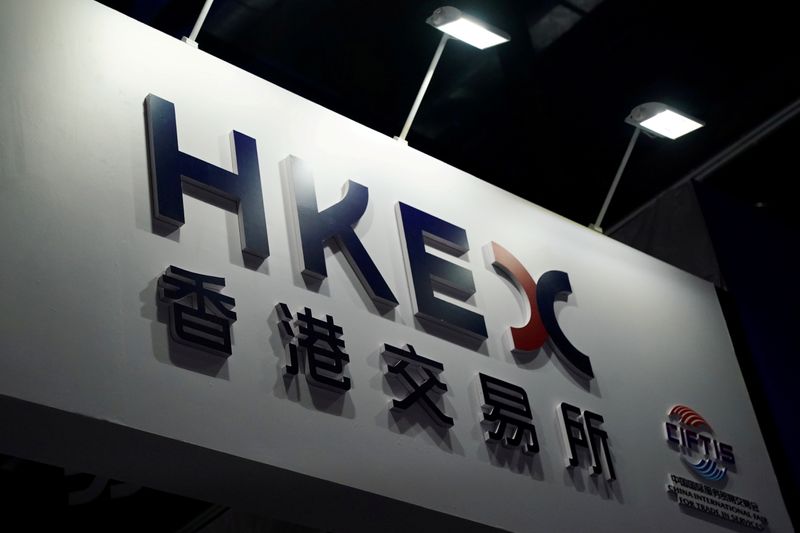This post was originally published on this site

Investing.com– Chinese and Hong Kong stocks sank on Wednesday, dragged lower by major automobile makers after Warren Buffett’s Berkshire Hathaway (NYSE:BRKa) trimmed its stake in BYD, while broader Asian markets were mixed amid uncertainty over U.S. monetary policy.
Hong Kong’s Hang Seng index fell 0.2%, with BYD Co (HK:1211) tumbling nearly 10% after a filing showed Berkshire Hathaway trimmed its stake in the firm. BYD was the worst performing stock in the index.
Other automobile stocks, including Geely Automobile Holdings Ltd (HK:0175) and Anhui Jianghuai Automobile Group Corp Ltd (SS:600418) dropped between 3% to 9%, weighing on China’s main bourses.
China’s blue chip Shanghai Shenzhen CSI 300 index fell 0.6%, while the Shanghai Composite index lost 1.2%. Renewed COVID flare-ups in Shenzhen and Guangzhou saw investors fear more lockdown measures.
Sentiment towards China was also dented by data showing the country’s manufacturing sector shrank for a second straight month in August. But the pace of its contraction was slightly less than expected.
Overall business activity in the country still expanded less than expected in August, as a brewing energy crunch and new COVID-19 lockdowns weighed. A slew of weak earnings from China’s largest lenders also dented local stocks, as they warned of softening lending conditions in the country.
Broader Asian markets were mixed on Wednesday as fears of more U.S. interest rate hikes grew after stronger-than-expected U.S. job openings data overnight. Strength in the jobs market gives the Fed more space to tighten rates aggressively.
The reading pushed up Treasury yields and weighed on major Wall Street indexes, with technology stocks bearing the brunt of selling.
In Asia, Japan’s Nikkei 225 index fell 0.5%, while Taiwan stocks rose 0.8%, recovering from a four-week low.
Asian technology majors Alibaba (NYSE:BABA) (HK:9988) and Baidu (NASDAQ:BIDU) (HK:9888) fell 1% and 3%, respectively. Baidu’s revenue shrank in the second quarter, but beat estimates on the strength of its cloud business.


